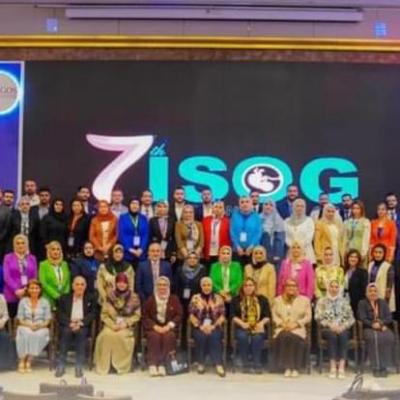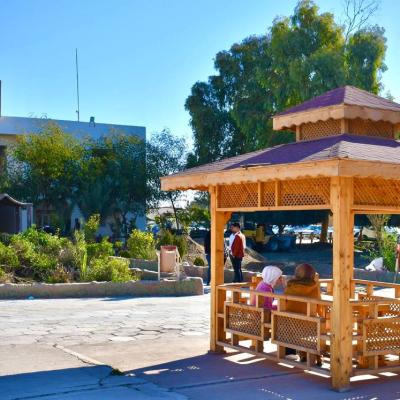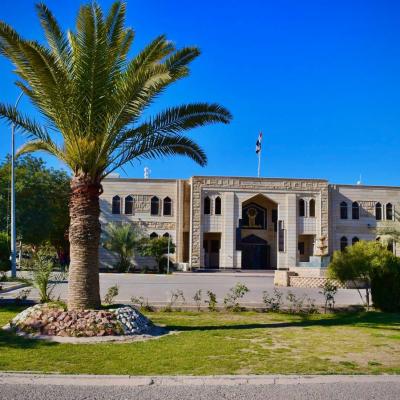In alignment with the directives of the Ministry of Higher Education and Scientific Research / Department of Research and Development regarding the implementation of the Iraqi Anti-Drug Week program, and under the patronage of the President of the University of Tikrit, Professor Waad Mahmood Raouf, several colleges at the university organized a series of awareness activities aimed at promoting understanding of the dangers of drug abuse and reducing its spread within society.
The College of Education for Humanities carried out an open awareness tour across the university campus. During the tour, students received guidance on the health, social, and security repercussions of drug abuse, along with explanations of preventive measures and ways to reinforce positive behavior among young people. The tour also included the distribution of educational posters throughout campus to strengthen preventive awareness.
In the same context, the College of Islamic Sciences held an awareness seminar titled “Dangers of Drugs,” which highlighted the serious impacts of drug use. The seminar featured three main sessions:
- The first session, delivered by Professor Jaleel Mohsen Wanas, addressed the causes and factors contributing to drug abuse.
- The second session, presented by Professor Mahmoud Younis Hamada, focused on the health and social effects of drugs.
- The third session, led by Assistant Professor Abdullah Najm Abdullah, discussed prevention and treatment strategies to curb the spread of this phenomenon.
Meanwhile, the College of Petroleum Process Engineering organized a specialized awareness course on the risks of drug abuse, shedding light on its impact on youth and the role of educational institutions in fostering a culture of prevention. The course emphasized the importance of continuous awareness efforts to safeguard students from negative behaviors foreign to society.
These activities reflect the University of Tikrit’s commitment to its educational and societal role in promoting health awareness and preventive behavior among students, as well as its contribution to combating social issues that threaten young people. The initiatives align with national efforts to build a conscious and resilient society capable of protecting itself from harmful behavioral risks.

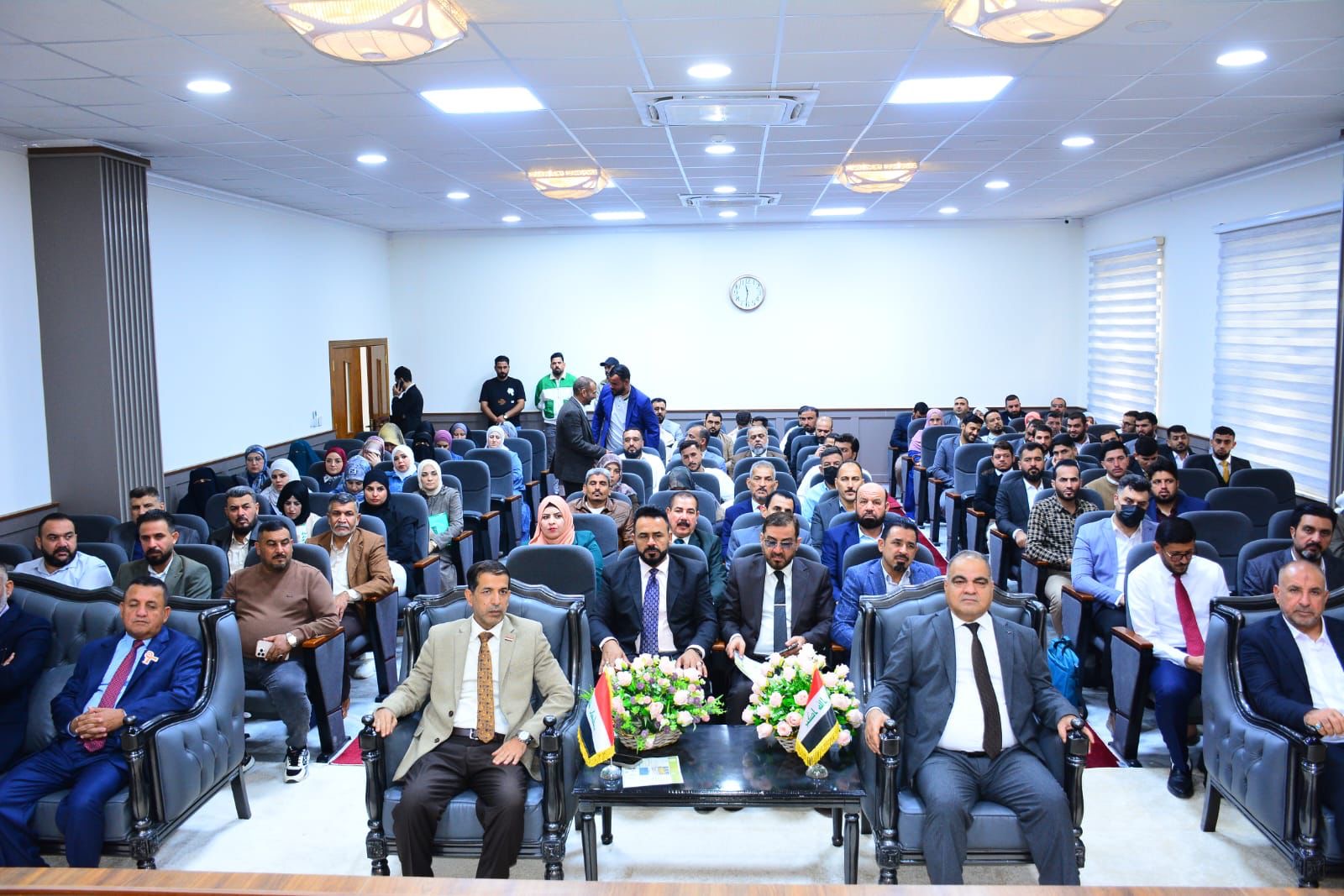
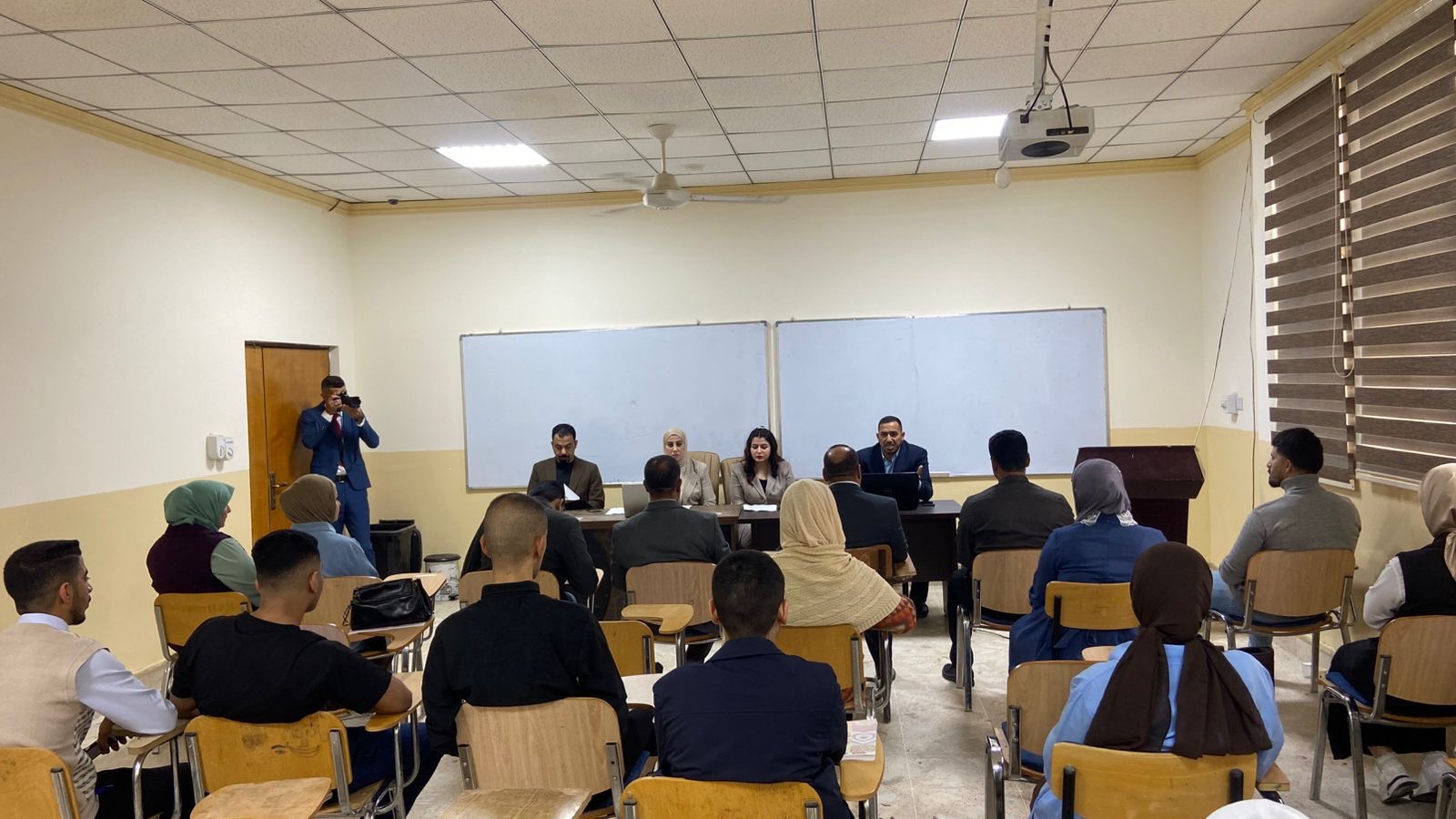
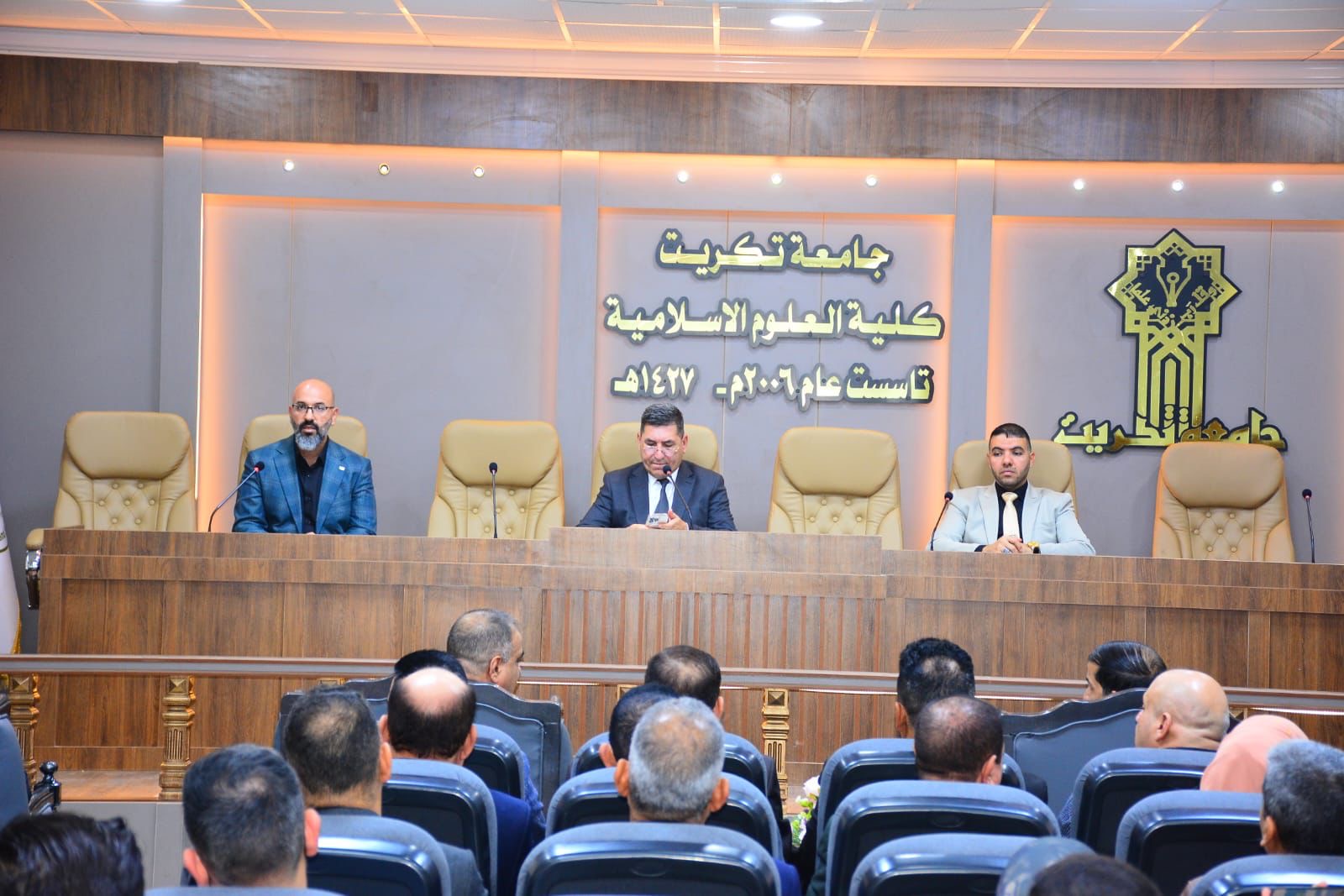
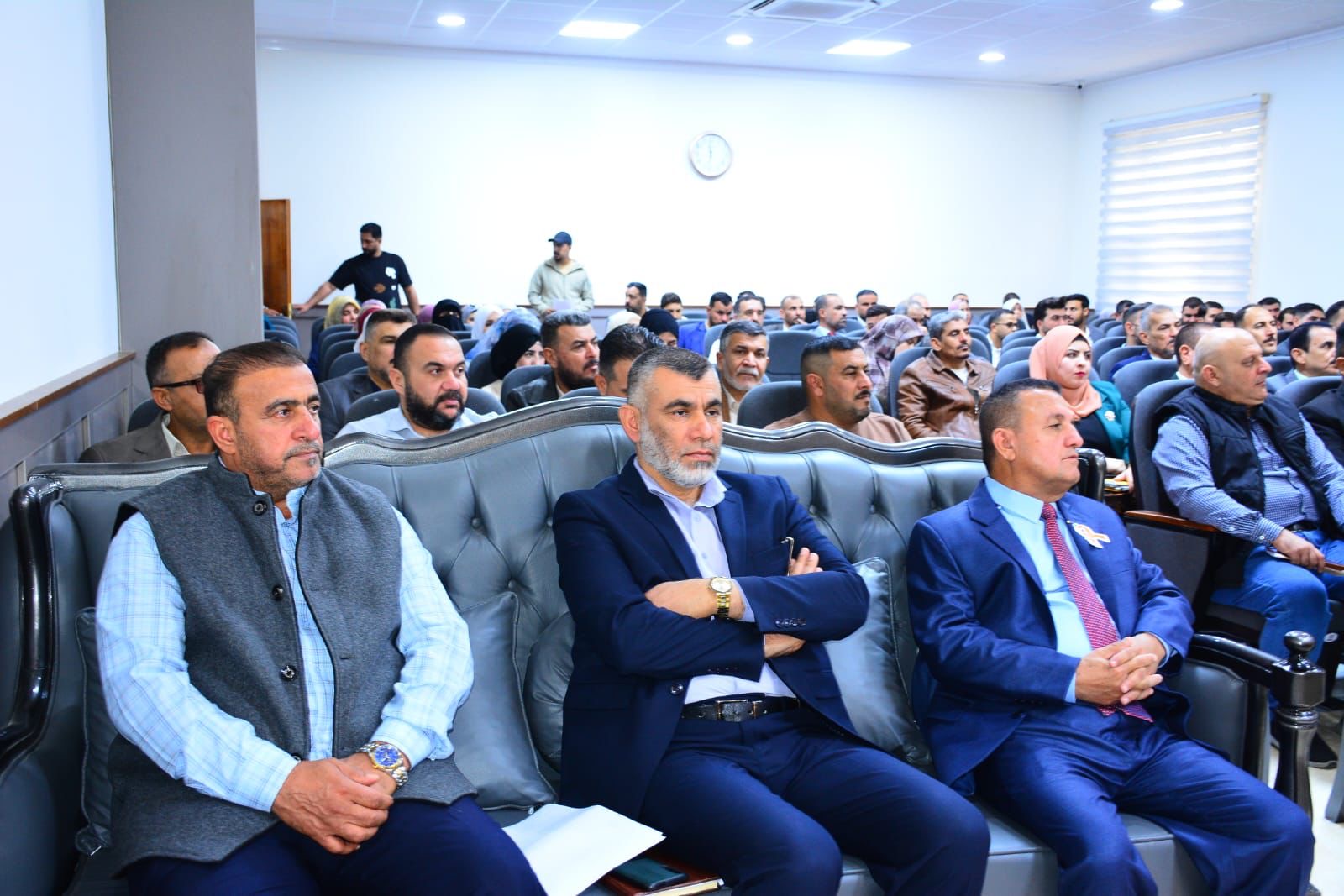
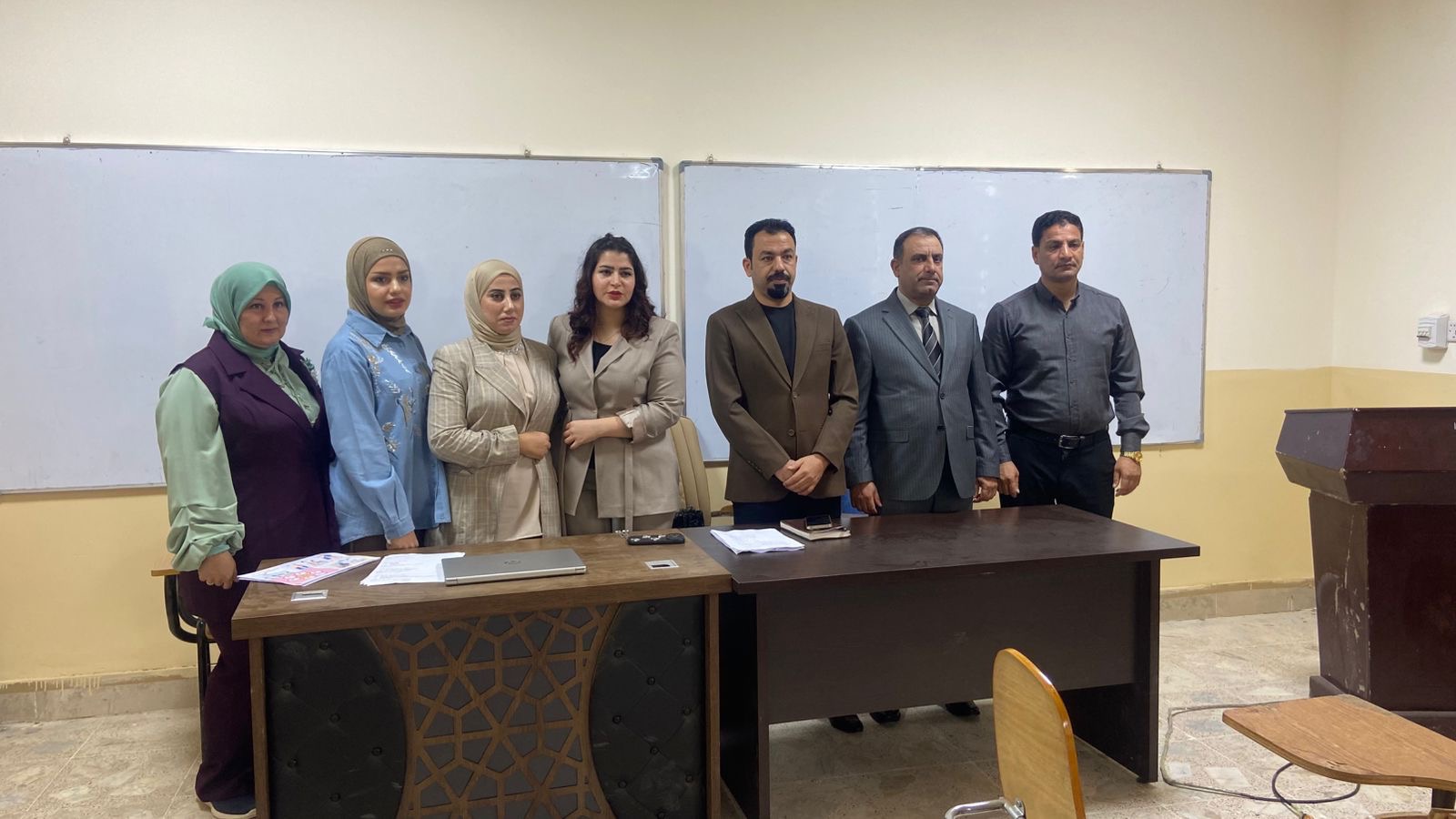
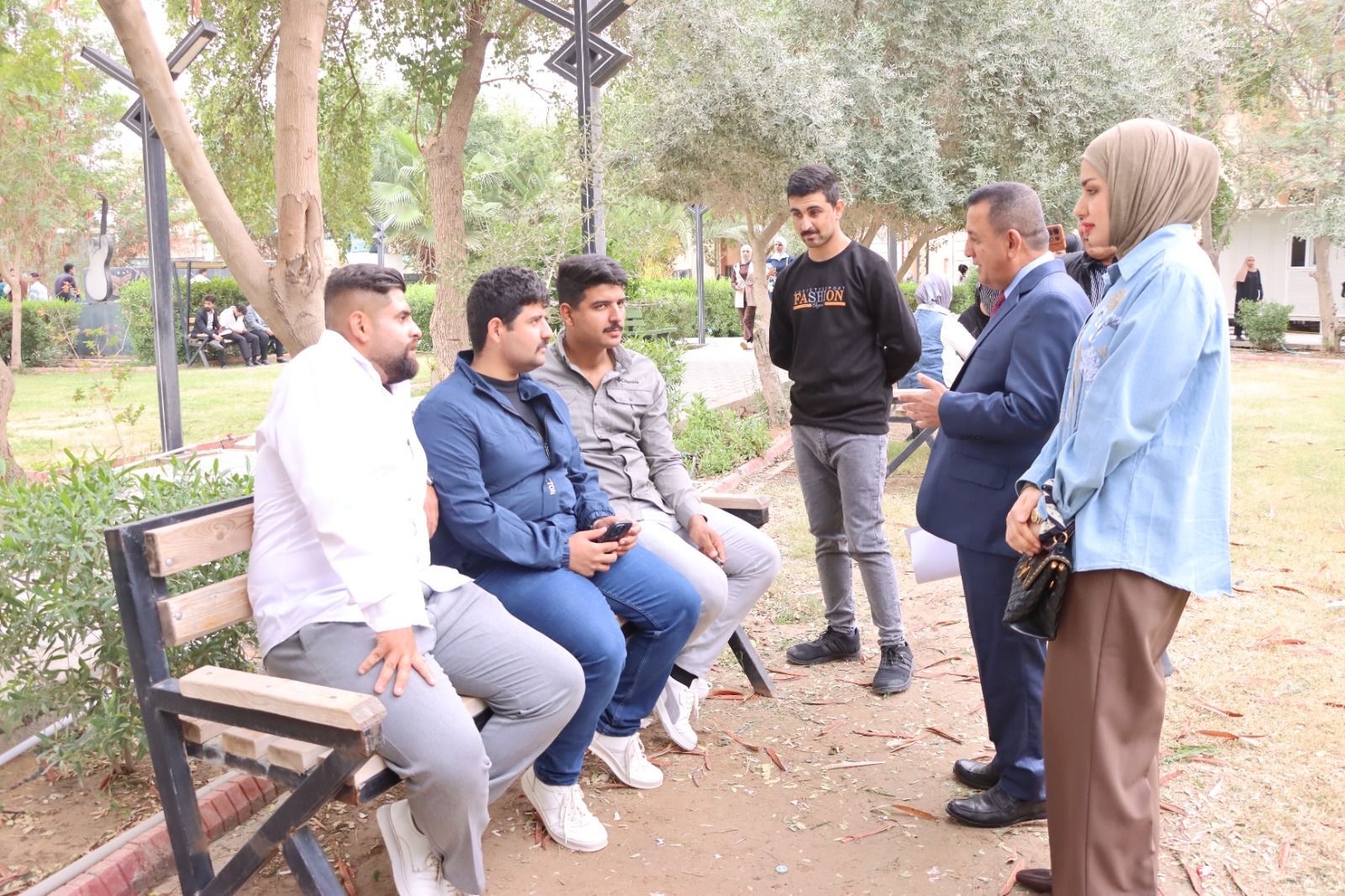
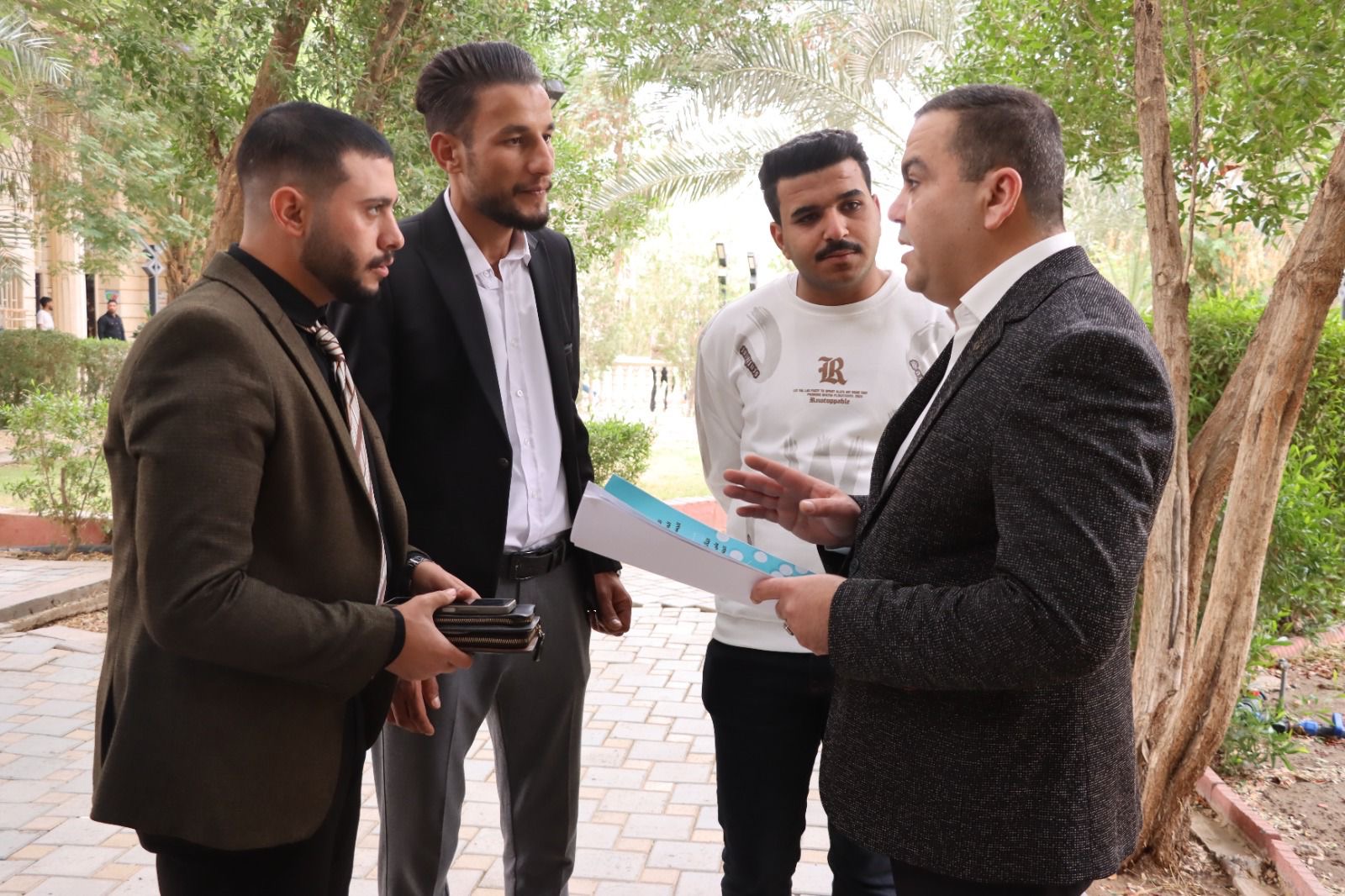
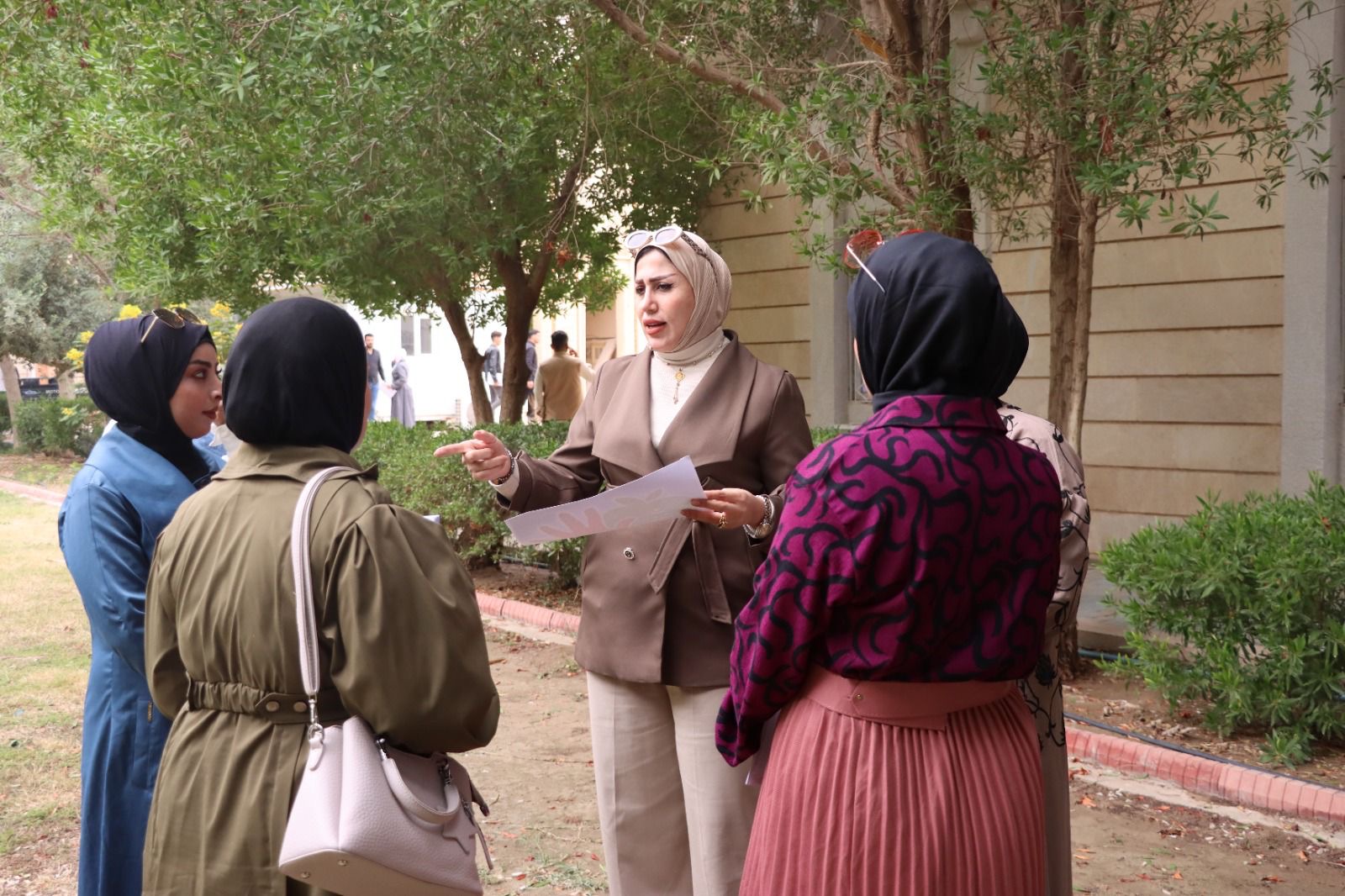
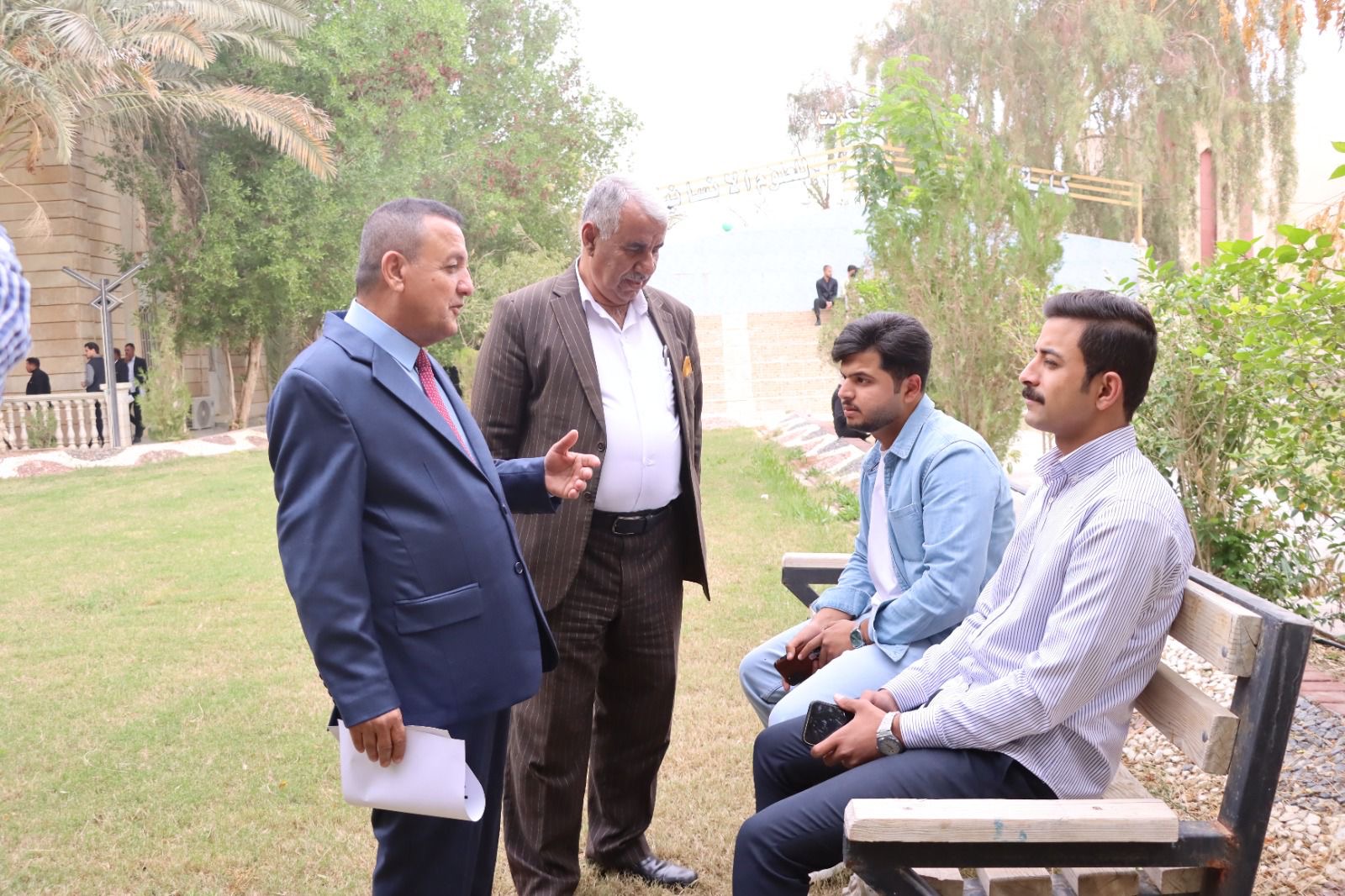
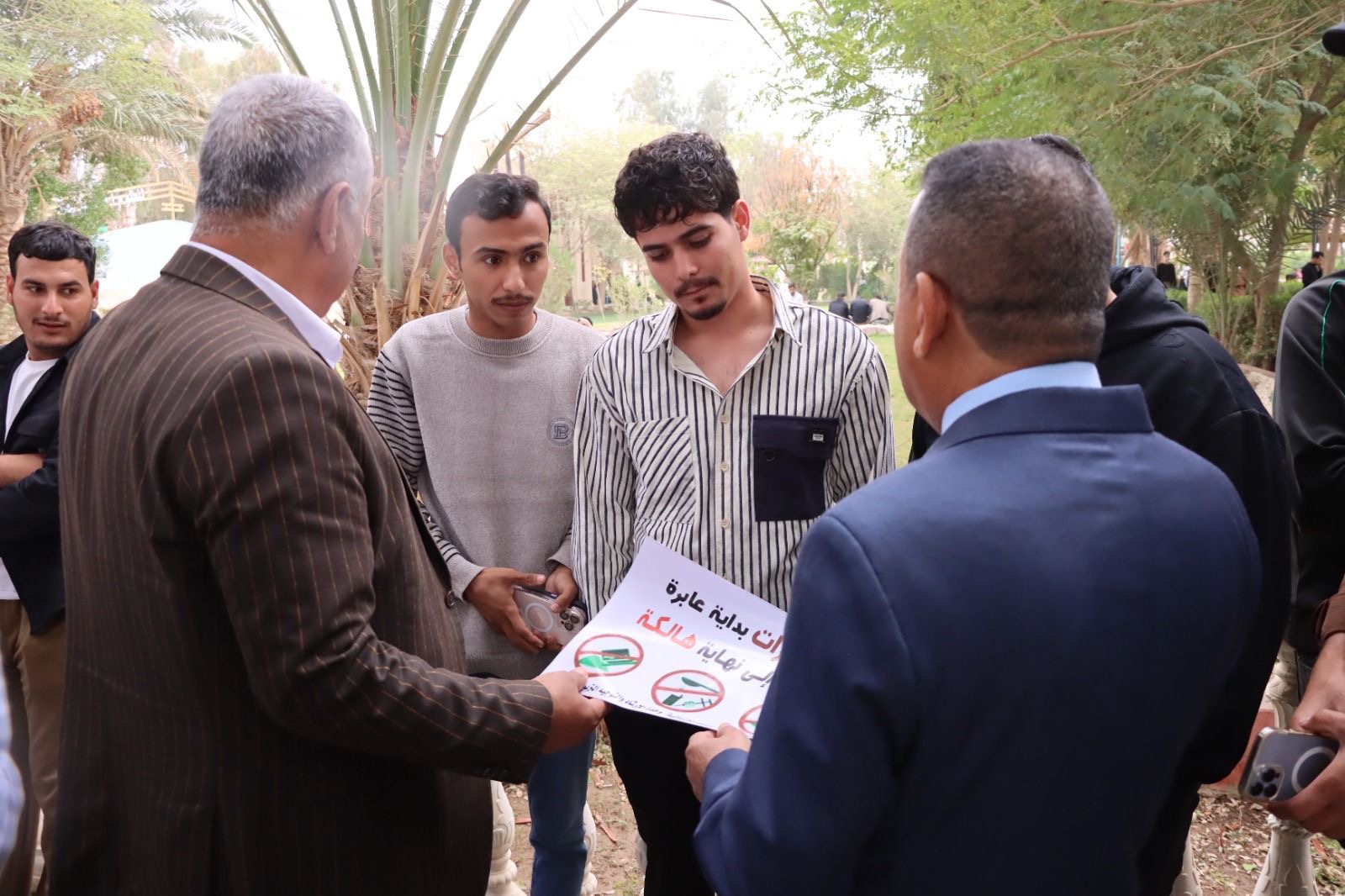
1.jpg)
.jpg)
.jpg)
.jpg)
.jpg)
.jpg)
.jpg)
